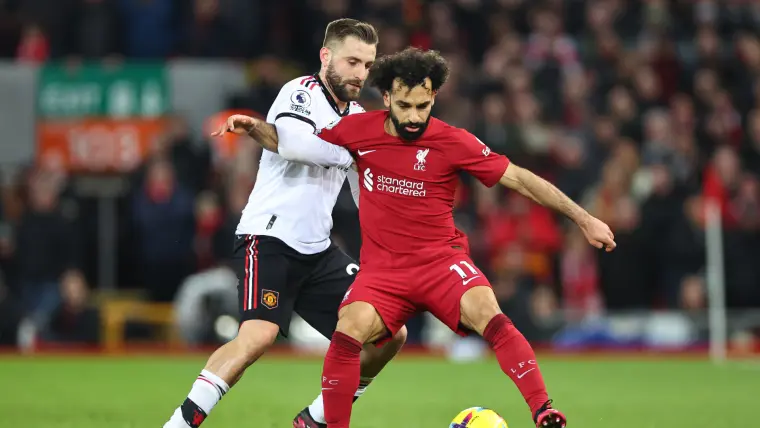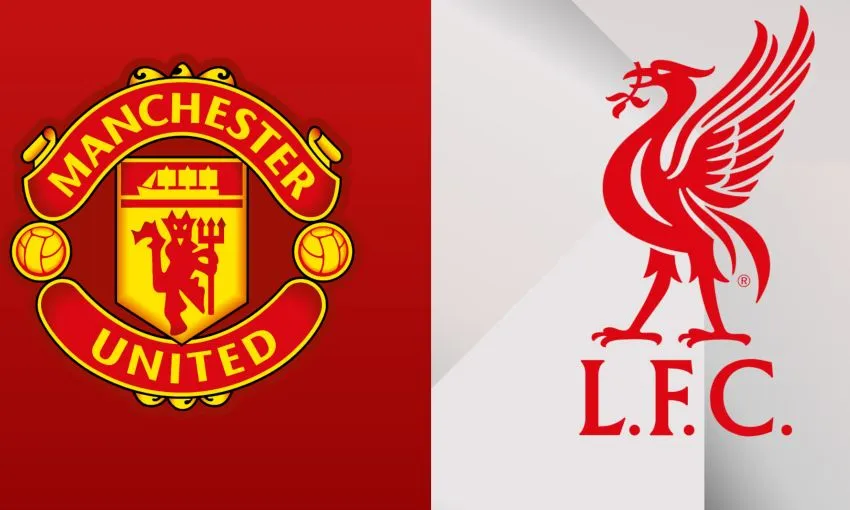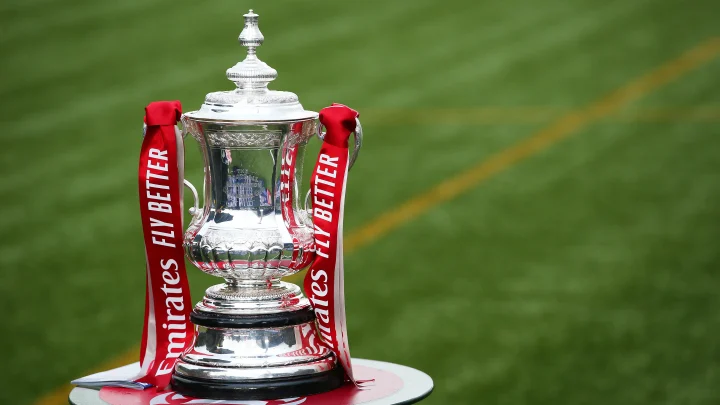In the realm of English football, the FA Cup and the Carabao Cup stand as two of the most prestigious domestic competitions. These tournaments unite clubs across the extensive English Football League system, from the Premier League heavyweights down to the grassroots level.
While both competitions share a common love for the beautiful game, they possess distinct characteristics that set them apart. In this comprehensive guide, we’ll explore the differences and similarities between the FA Cup and the Carabao Cup, giving fans a deeper appreciation of England’s football landscape.
History: A Tale of Two Trophies
The FA Cup is the elder statesman of football competitions, boasting the title of the oldest national football contest in the world. Its illustrious journey began in the 1871-72 season, earning it the affectionate nickname of the “oldest football competition on the planet.” The FA Cup has witnessed countless moments of glory, despair, and iconic upsets, becoming an integral part of English football heritage.
Conversely, the Carabao Cup, originally known as the League Cup, is a relatively newer entrant to the football scene. Its inaugural season in 1960-61 marked the birth of a competition that would soon carve its niche among English football enthusiasts. While the Carabao Cup may lack the century-old legacy of the FA Cup, it has, over the years, established its own unique identity in the realm of domestic football.
Format: The Clash of Styles
The FA Cup follows the traditional knockout format. Teams compete, with the losing side eliminated from the competition. This single-leg knockout format has made the FA Cup famous for its underdog stories and dramatic upsets, where smaller clubs challenge their more celebrated counterparts.
In contrast, the Carabao Cup retains a knockout structure but introduces a twist in the later stages. The quarter-finals, semi-finals, and final consist of two legs for each match. This format offers an opportunity for clubs to showcase their consistency over a two-legged encounter, adding an extra layer of strategy and intrigue to the competition.
Qualification: Earning the Right
In the FA Cup, all clubs in the English Football League system are automatically eligible to enter the competition, making it an inclusive tournament. Clubs from Levels 5 to 9, however, must earn their place in the Carabao Cup. They can do so through three primary avenues:
- Winning Their League: By clinching the title in their respective league competition in the previous season, clubs earn the right to participate in the Carabao Cup.
- Finalists of FA Trophy or FA Vase: Clubs that reach the final of their respective FA Trophy or FA Vase competition in the preceding season also secure their spot in the Carabao Cup.
- EFL Invitations: The English Football League (EFL) extends invitations to select clubs based on various factors, ensuring that deserving clubs across different divisions have a chance to compete.
This method of qualification ensures that the Carabao Cup remains accessible while maintaining a certain level of competitiveness.
Prize Money: The Financial Reward
Prize money is a significant incentive in both competitions, but there’s a noticeable disparity. The FA Cup offers more substantial rewards compared to the Carabao Cup.
In the FA Cup, the winners receive a prestigious £1.8 million in prize money, while the runners-up pocket a commendable £900,000. The semifinalists and quarterfinalists are also handsomely rewarded, with £450,000 and £225,000, respectively.
In contrast, the Carabao Cup offers a more modest prize pool. The winners receive £100,000, and the runners-up receive £50,000. While the Carabao Cup provides a financial boost to participating clubs, it doesn’t reach the same financial heights as the FA Cup.
Prestige: A Matter of Heritage
When it comes to prestige, the FA Cup takes the top spot. As the oldest national football competition in the world, it has a time-honored place in English football history. The FA Cup is celebrated for its inclusivity, where clubs of all sizes and budgets are granted the opportunity to compete on the grandest stage. Its age and heritage contribute to its status as one of the most prestigious football competitions in the world.
The Carabao Cup, while undoubtedly prestigious, doesn’t carry the same historical weight as the FA Cup. As a newer competition, it’s less renowned but still highly regarded in the football community. Its unique format and tradition of thrilling matches have garnered a devoted following.
Recent Winners: Honoring Success
Both the FA Cup and the Carabao Cup have witnessed memorable victories by some of the top clubs in English football.
In the FA Cup, Arsenal and Manchester United share the distinction of being the most successful clubs, each with 14 triumphs. The Carabao Cup, on the other hand, has seen Liverpool emerge as the dominant force, boasting nine victories.
In the 2022-23 season, Liverpool captured the FA Cup by defeating Chelsea in the final, showcasing their ability to triumph in the oldest football competition. Meanwhile, Manchester United secured the Carabao Cup, prevailing over Newcastle United in the final.
Conclusion
The FA Cup and the Carabao Cup stand as pillars of domestic football in England, each with its own unique identity. The FA Cup’s history, inclusivity, and substantial prize money set it apart as the most prestigious football competition in the country. The Carabao Cup, with its dynamic format and thrilling encounters, offers a different but equally exciting experience for fans and clubs.




